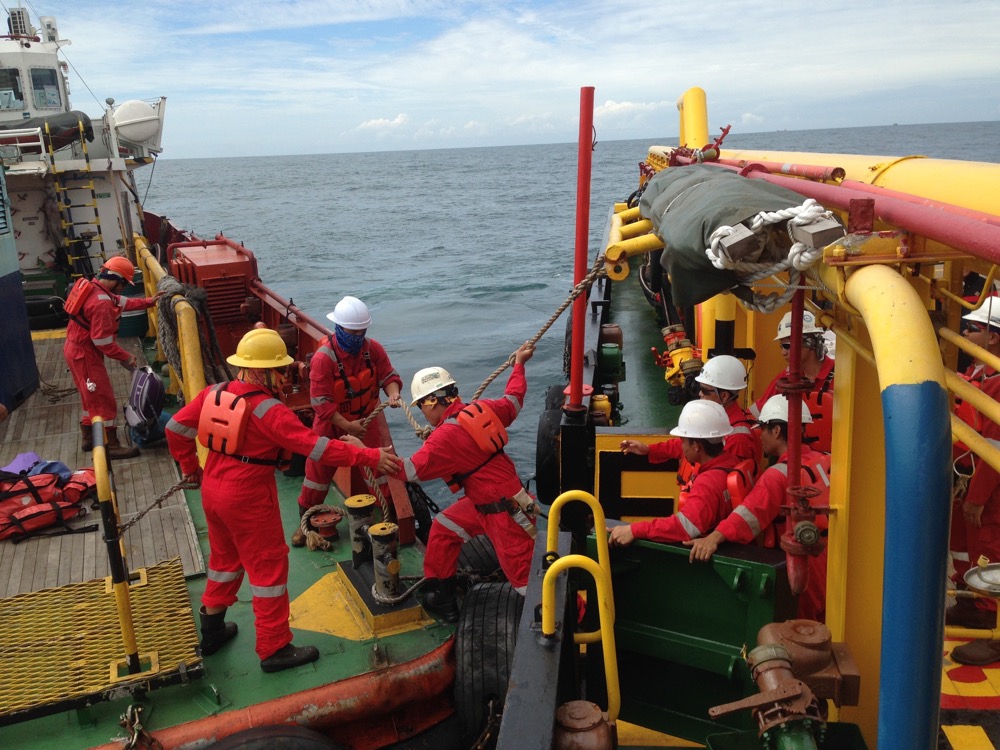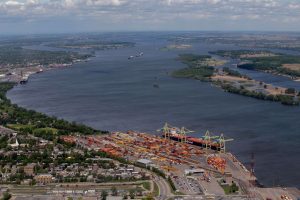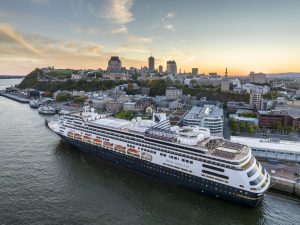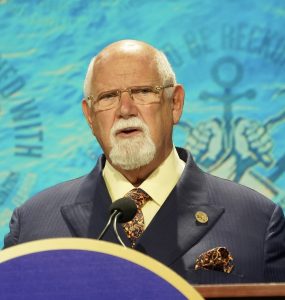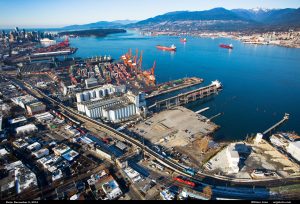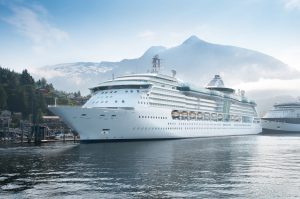Crew changes are once more becoming difficult as much of the world locks down again following the emergence of several new and more transmissible variants of Covid-19, warns crew specialist Danica.
With travel corridors being closed and new travel restrictions imposed, airlines are once again cancelling or reducing flights which poses a problem for crew transition to vessels. Ports too, if they have reopened, are imposing greater restrictions.
Henrik Jensen, Managing Director of Danica Crewing Services, warns: “I believe we may be heading for a new crew change crisis every bit as bad as last spring. Over the past six months crew changes have been possible in many cases, although they have been costly and complex. However, now we are seeing a range of new restrictions and barriers to crew travel while also facing some serious issues in relation to crew health risk factors. I can foresee this impacting heavily on crew changes for the next few months.”
Danica specializes in crew deployment and has been assisting a range of ship operators in order to achieve crew changes over the past year. As a result, the company is fully aware of the latest rules and restrictions and well placed to notice how they are impacting crewing.
Mr. Jensen explained: “In response to the rapid increase in infections around the world, governments are imposing new or additional measures including travel restrictions. Although these measures are understandable in the circumstances, based on scientific evidence, and intended to provide protection for their populations, they also cause operational and logistical problems for crew changes.
“For example, requiring Covid-19 tests at a set period before travel isn’t always easy to comply with depending on where the crew change is being effected from. Tests may not be available at short notice and there may not be available accommodation in which to isolate crew members while they await the results.
Mr. Jensen pointed out that the more rapidly transmissible new coronavirus variants also pose a greater threat to seafarers and ships. “The new, more infectious variants present a higher risk that a crew member may be infected on the way to the vessel and transfer the infection to his ship mates onboard. This a particular concern during air travel, which requires crew to spend many hours in a contained space with large numbers of other people. Due to all the flight cancellations, there are plenty of aircraft available to lease for private transit but this option is really only economically viable if there are large numbers of crew which is not usually the case.
“One or more Covid-19 infected patients on a vessel is a very serious situation as there is insufficient medical care available onboard to treat a serious case. It is very difficult to mitigate this risk and in some cases we have to abandon crew change plans if they involve a long transit or a high-risk area.”
Greater implementation of the IMO’s crew change protocols instead of national rules could improve the situation but Mr. Jensen is not optimistic of this being a solution at present. He commented: “ While I appreciate and support the international cooperation and effort that has gone into producing this excellent protocol, unfortunately I think that it may be a remote dream as we have local government rules, rules in the transit airports/countries and individual airline rules, and I do not think it is realistic to expect all these parties to come together.
“We have seen that, when a country’s health service is at full stretch trying to cope with infected patients, then broad and strict restrictions are imposed quickly. Sadly, we have to realize that, when a country has a citizen dying every minute from Covid-19, then a handful of seafarers of foreign nationality left behind on a vessel are not a high priority for them.”
“We are looking at some hard months ahead,” Mr. Jensen predicted, “It seems likely that things will only get better once the vaccination programmes around the globe begin to take effect.” Photo: Shutterstock


